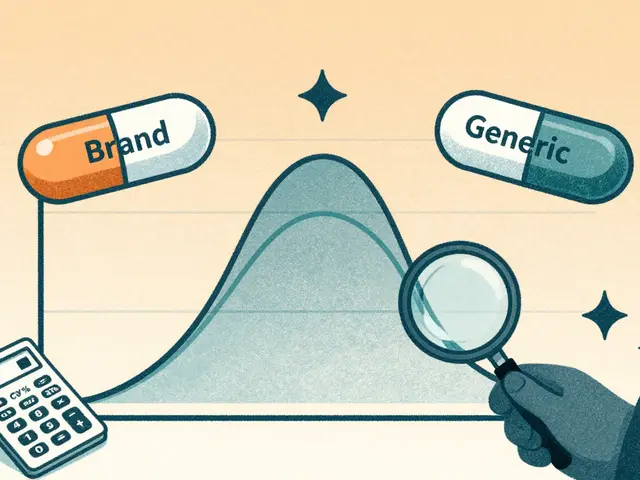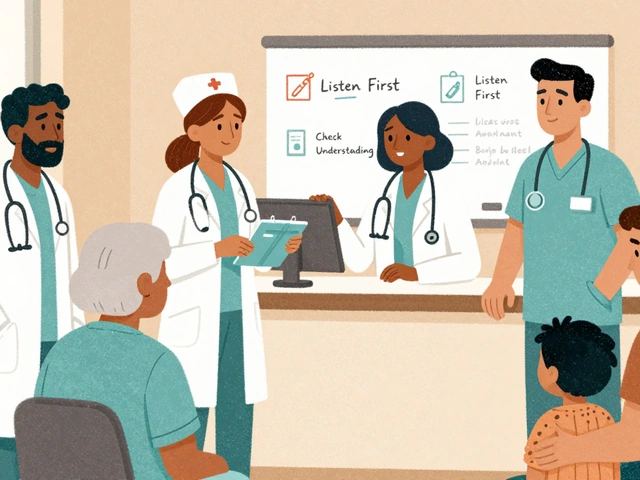Mental health: clear, practical help and safe medication tips
Mental health affects how you think, feel, and act every day. When stress, low mood, anxiety or focus problems start to affect work, sleep, or relationships, it’s time to act. You don’t need dramatic changes—small, practical steps can make a big difference fast.
First, spot the red flags early. If you or someone you care about has persistent sadness, panic attacks, thoughts of harming themselves, drastic changes in sleep or appetite, or concentration problems that last more than two weeks, reach out. Serious symptoms like suicidal thoughts, hallucinations, or severe confusion require immediate help—call emergency services or a crisis line right away.
Quick ways to get better support now
Start with your GP — they can assess symptoms, rule out medical causes, and refer you to mental health services. If you prefer talking to someone sooner, look for walk-in counselling clinics or online therapy platforms with licensed therapists. Peer support groups can help you feel less alone; local charities and community centers often run free or low-cost groups.
Daily routines matter. Aim for regular sleep, balanced meals, moving your body for 20–30 minutes a day, and limiting alcohol or heavy social media use. Try one small change for a week—noticeable improvements often come from tiny, consistent habits.
Medications, therapy choices, and safety when buying meds online
Medications can help, especially for depression, anxiety, bipolar disorder, or ADHD. They work best with therapy and a clear follow-up plan. For ADHD, non-stimulant options like atomoxetine (sold as Axepta) may suit some people; check our Axepta article for details on uses and side effects. Always discuss risks and benefits with the prescriber.
If you consider buying prescription meds online, be careful. Use licensed pharmacies, look for a registered address and pharmacist contact, and avoid sites that sell controlled drugs without a valid prescription. We review online pharmacies and buying guides on Medipond.com to help you spot scams and choose safer options.
Keep a simple medication log: dose, time, side effects, and mood notes. Share this with your clinician. If side effects are severe—rashes, breathing problems, chest pain, or suicidal thoughts—stop the medication and seek emergency care.
Mental health recovery is rarely a straight line. Expect ups and downs, and celebrate small wins: better sleep, a calmer morning, or one good conversation. If progress stalls, recheck treatment choices with a clinician—changes in dose, therapy type, or adding practical support can help.
On Medipond we cover treatments, side effects, and safe buying. Browse personal stories and practical guides like medication alternatives and online pharmacy reviews to make smarter choices. Bookmark reliable resources such as NHS pages, local mental health charities, and licensed pharmacies. If you support someone, ask open questions, help set appointments, and be patient—small steps add up.
Start today: make one call and one walk.












